CLICK HERE FOR YOUR FREE MEDWAY PROPERTY NEWSLETTER
… yet Bitcoin investors would have made £12,665,670
in profit. Is investing in ‘Bricks & Mortar’ dead?
Investing in property has historically been a sound investment, yet alternative investments (like Cryptocurrency) have been gaining traction over the last five years. So, should we all ditch buying our own home and buy Bitcoin?
Cryptocurrency with such names as Bitcoin and Ethereum are being bandied about as the new investment vehicle everyone should be investing in. But is Crypto a sound investment or just an ‘end of the seaside pier one arm bandit’ speculation?
Well to start, I need to discuss the difference between investing and speculation.
I have always seen investing as making a thorough detailed evaluation (and you are realistically sure your principal lump sum is relatively safe), you then have an opportunity to make a profit. Whilst speculating is all about putting your money into an asset that has ambiguous protection of your principal lump sum … and you have an opportunity to make a large profit but also the potential to make a huge loss.
In a nutshell, investment should be as interesting as watching paint dry and speculating should be as exciting as putting all your money on red on the roulette wheel.
So, let’s see what has happened to both Cryptocurrency and Gillingham property in the last five years.
The average Gillingham home five years ago was worth £254,330, today it’s worth £296,740.
We now ask, what would have been the return if you had invested the same amount in Bitcoin?
If you had invested £254,330 into Bitcoin in 2016,
it would be worth £12,920,000 today.
What about the return if you had invested the same amount in Ethereum?
If you had invested £254,330 into Ethereum in 2016,
it would be worth £41,997,500 today.
Yet only In June, when China placed stringent controls on how its population can use Cryptocurrency, Bitcoin dropped in value by 30% in one day. Also, this year, we saw another fall in Bitcoin when Elon Musk tweeted that Tesla were banning the acceptance of Bitcoins to buy its cars.
Can you imagine the value of your Gillingham home dropping in value by £90,506 in just one day because of one tweet?
So, if Cryptocurrency is speculation and extremely high risk, surely buying your Gillingham home is an excellent investment?
It is my opinion that purchasing a home to live in is a massive financial choice that can give you peace of mind and a lovely place to live, yet it is not an investment. I know this is going to sound strange coming from someone in the Gillingham property industry, but whilst I know it’s common for people to think of their Gillingham home as an investment, I believe nothing could be further from the truth.
I am not suggesting every 20 and 30 something should avoid homeownership, but if you are edging towards buying a Gillingham home because you think you are making a savvy investing choice, think again.
The concept that the home you live in can be an investment comes from the statistic that, historically, property values increase. We all know someone, our Mum and Dad or Grandparents for example, who purchased their Gillingham home in the 1950’s or 1970’s for the price of an Xbox and it’s now worth more than you make in ten years in salary.
Yet, I believe, it’s not an investment only because it goes up in value.
Between 1989 and today, Gillingham property values, after removing inflation, have gone up by 50.37% … sounds great until you realise that is only 1.57% growth per annum (after inflation).
Sounds rubbish, doesn’t it?
But guess what? Does it really matter?
Even though your Gillingham home’s value has outperformed inflation, there are other reasons your Gillingham home is not an investment.
A real investment needs more than the outlook of an increase in value.
A home has a more important primary purpose.
Possibly the specific biggest reason why your Gillingham home is not an investment is because its prime purpose is providing a roof over the heads of you and your family. One of the most rudimentary issues that makes an investment an investment is your capability to decide the timing of your possession of the investment.
A true investment requires you to buy it and sell it at times (and under situations) that are probable to exploit your investment return, yet since your Gillingham home is your family’s shelter, you will have hardly any power over the sale and purchase of your Gillingham home from an investment perspective.
The absence of ‘real’ control over the timing of buying and selling our Gillingham homes (and note I use the word home and not house) has had a significant harmful effect on property as an investment.
In all my years in the property profession, I have seen numerous Gillingham people buy houses at the top of the market (1988 and 2008) because that was the time that they required a home for their family, but those same people became stuck when having to sell their homes a few years later because of personal circumstances, albeit for a loss.
Then I have seen other Gillingham people buy at the bottom of the market (1993 and 2011) because that was the time that they also required a home for their family, and those same people had to sell their homes a few years later due to personal circumstances, albeit for a huge profit. Are the second set of people more savvy investors? No, it was just good or bad timing, and that is not uncommon when it comes to buying homes, and so has to, in my opinion, exclude a home as an investment.
A Gillingham home cannot be an investment
if you never plan to sell it … and not buy another home.
While it is fact that Gillingham homes usually increase in value, there is only a partial opportunity to tap into that growth. The best way to sell your Gillingham home is after it has experienced a massive amount of value increase, sell at the top of the market, move into rented accommodation, then buy at the bottom of the market. Nevertheless, how do you know when it is the top and bottom of the property market (and moving home is considered the third most stressful thing you can do after death and divorce).
That doesn’t sound like an investment to me, does it to you?
Ok, most people sell and buy another home, so when you do sell your Gillingham home, you will have to use the profit you have made from the sale of your original Gillingham home to purchase the next home as you will be moving from one home to another. This means your profit (equity) is trapped profit.
The only time that doesn’t happen is when you either trade down to a less expensive home, or move into rented accommodation, yet both scenarios are quite rare occurrences.
Using your Gillingham home as a bank account?
In the early 2000’s, many banks and building societies were encouraging homeowners to re-mortgage their homes as property values rose by 15%+ a year. By extending the term of the mortgage, you could easily borrow £20k, £30k+ for fancy holidays and new cars and the monthly mortgage payments would be lower – that was like free cash!
As a landlord, you may encounter situations where tenants experience a relationship breakdown. While this can be a difficult time for... Tips for scheduling and conducting property viewings effectively during the Christmas holidays. Selling your home during the festive season comes with its... Dockside Kent The winter months can be a challenging time for landlords in Kent, with colder weather and shorter days adding potential... The Medway Baby Boomer Housing Paradox: Wealth in Property, But Nowhere to Go For decades, baby boomers in the UK have been the quiet beneficiaries of a...Popular posts like this
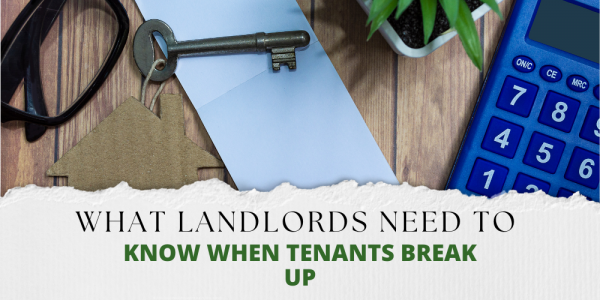
What Landlords in Kent Need to Know When Tenants Break Up
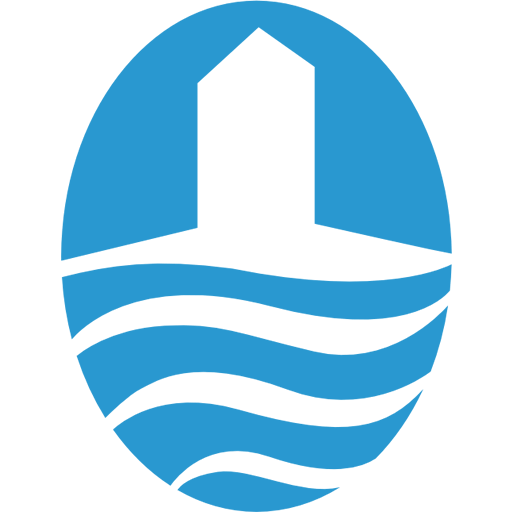 By The Dockside Property Services Team on 12th Jan 2025,
By The Dockside Property Services Team on 12th Jan 2025,
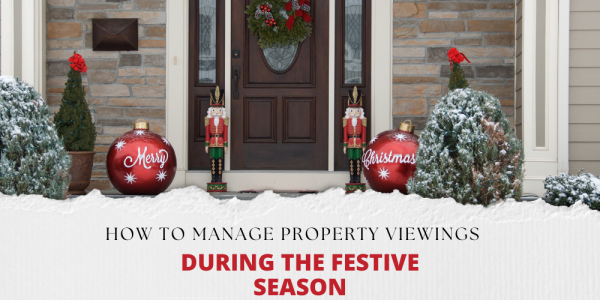
How to Manage Property Viewings During the Festive Season
 By The Dockside Property Services Team on 22nd Dec 2024,
By The Dockside Property Services Team on 22nd Dec 2024,
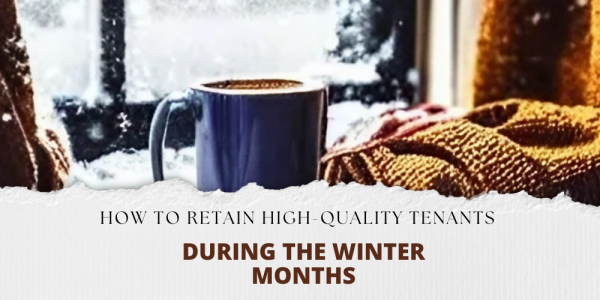
How to Retain High-Quality Tenants in Kent During the Winter Months
 By The Dockside Property Services Team on 15th Dec 2024,
By The Dockside Property Services Team on 15th Dec 2024,
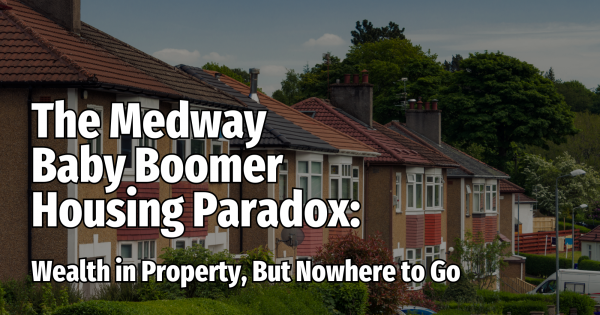
The Medway Baby Boomer Housing Paradox: Wealth in Property, But Nowhere to Go
 By The Dockside Property Services Team on 14th Dec 2024,
By The Dockside Property Services Team on 14th Dec 2024,

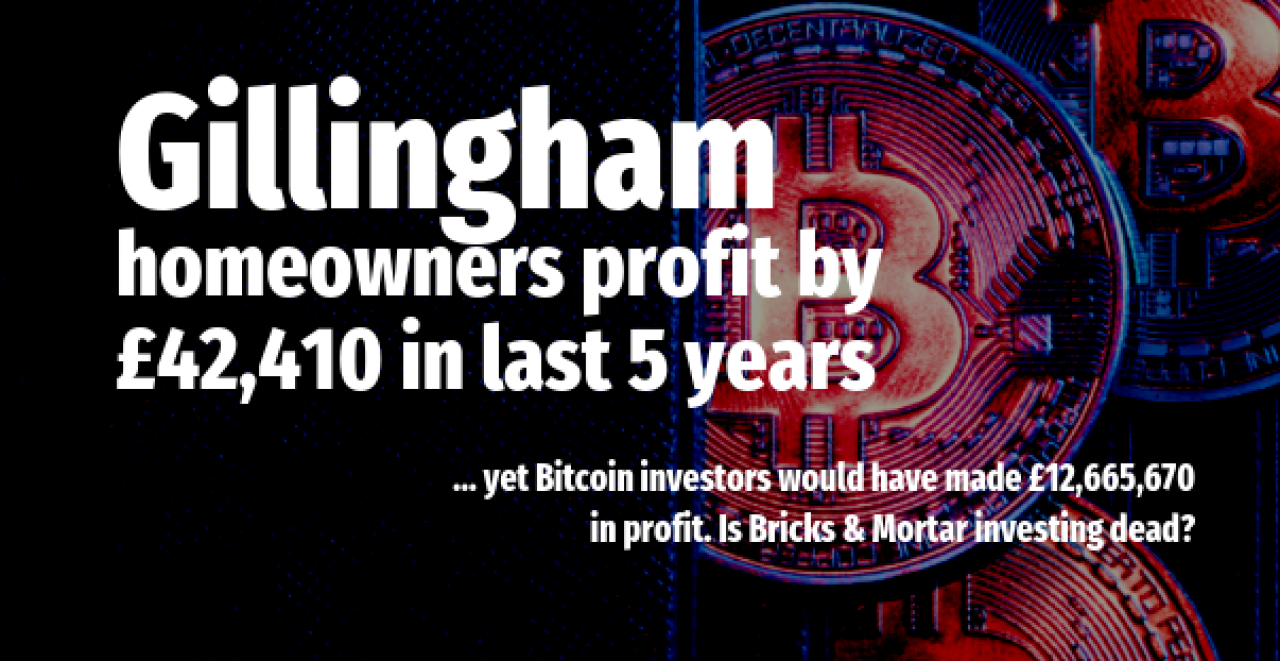
Share this with
Email
Facebook
Messenger
Twitter
Pinterest
LinkedIn
Copy this link